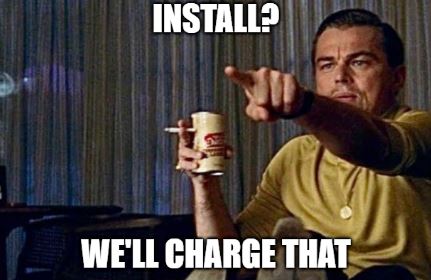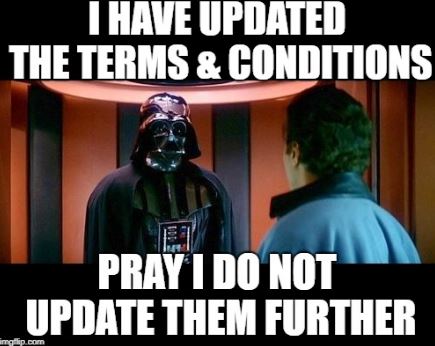Obviously some big brain at Unity asked an office full of people, “How do we make more money?” They couldn’t think of anything new, so they talked through the process of selling games.
“So after they buy the game, they install the game.”

Developers didn’t feel too bad at first because the TOS only applies if you update the game. So if you don’t update the game, the previous TOS is still in effect. Except that Unity changed their terms of service a long while back in preparation for the install fee.

THEN the developers got mad because they got blindsided by the obvious crooked methods.
And the push for the Unity pro license to cover the install fees is not good either. Unity created a problem and sells the solution. All those fees will be pushed onto consumers. If that’s the case, I want to charge the game a rental fee for taking up space on my hard drive so I can be as ridiculous as them.
I glad that there are competitors to Unity so that developers can quit and go to the competition.
Godot is getting big now because of the MIT license. So I hope that keeps up.